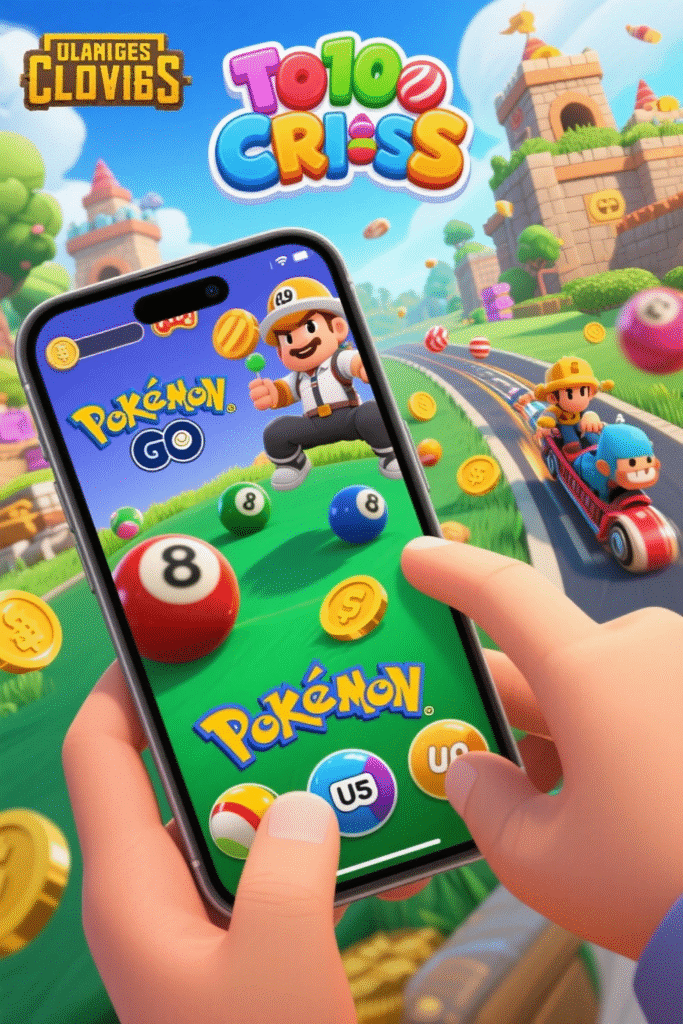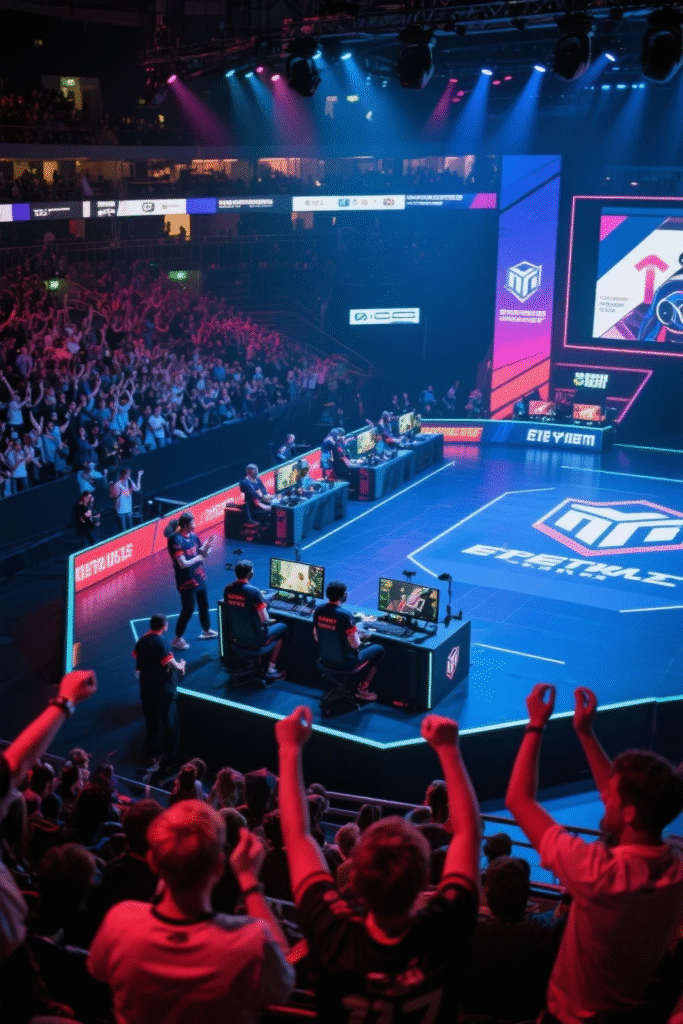From Pixels to Profits: How to Turn Your Love for Gaming Into a Career
By Bizbuzzup
Introduction
Once dismissed as a mere hobby, gaming is now a lucrative industry worth over $200 billion—and it’s growing fast. Gone are the days when gamers were seen as slackers wasting time in front of a screen. Today, they’re streamers, developers, eSports athletes, game testers, content creators, and more. If you love gaming, you’re no longer limited to just playing for fun. You can actually build a full-time career doing what you love.
In this guide, we’ll explore real-world pathways for turning your passion for gaming into a sustainable and profitable profession.
1. Becoming a Professional eSports Player
The eSports scene is booming, with games like League of Legends, Valorant, and CS:GO leading the charge.
What You Need:
- Exceptional Skill: Pro-level players often dedicate 6–12 hours daily to practice.
- Teamwork: Communication and cooperation are crucial in competitive games.
- Mental Toughness: High-pressure situations and global tournaments require a strong mindset.
Earnings:
- Prize pools, like The International (Dota 2) offering $40M+, and sponsorship deals.
- Salaried contracts with pro teams, often with benefits.
Pro Tip: Start by entering local or online tournaments and building a ranked portfolio.
2. Streaming and Content Creation
Platforms like Twitch, YouTube Gaming, and Kick have given rise to thousands of full-time creators.
Monetization Methods:
- Subscriptions and Donations.
- Ads and Brand Sponsorships.
- Affiliate Marketing and Merch Sales.
What Makes a Good Streamer?
- Consistency in content schedule.
- A charismatic personality and audience engagement.
- Technical setup (HD webcam, quality mic, strong internet).
Famous examples like Ninja, Pokimane, and xQc earn millions annually through diversified income streams.
3. Game Development and Design
If you have a creative or technical side, working behind the scenes in game development may be your path.
Career Paths:
- Game Designer: Plans mechanics, characters, and storyline.
- Game Developer: Codes the game using engines like Unity or Unreal Engine.
- Animator / Artist: Designs visual content.
- QA Tester: Identifies bugs and gameplay issues.
Education:
- Many universities offer game design degrees.
- Online certifications and bootcamps are great for coders and designers.
Salaries:
- Entry-level: $40,000–$60,000 annually.
- Experienced developers: $100,000+.
Tip: Start by building indie games or mods to build your portfolio.
4. Gaming Journalism and Blogging
If you have a way with words, covering gaming news, reviews, and opinion pieces can be both fun and profitable.
Opportunities:
- Write for sites like IGN, Polygon, GameSpot, or your own blog.
- Review games, cover eSports tournaments, or interview game devs.
Monetize through:
- Google AdSense, sponsorships, or subscriptions.
Example: Bloggers with niche authority and SEO-optimized articles can earn $1,000+ monthly from traffic alone.
5. Game Testing and QA
Game testing is often an entry point into the industry. QA testers look for bugs, test usability, and give detailed feedback to developers.
Skills Required:
- Patience and a keen eye for detail.
- Ability to document and report issues clearly.
- Familiarity with multiple gaming platforms.
Downsides:
- Repetitive tasks.
- Limited creative freedom.
But for many, it’s a foot in the door that leads to bigger roles in design or production.
6. Gaming Influencer or Brand Ambassador
Some gamers build a personal brand across platforms like Instagram, TikTok, and Twitter.
Revenue Options:
- Sponsorships from gaming brands, hardware companies, or energy drink firms.
- Merch collaborations or NFT-based game assets.
- Influencer marketing partnerships with game studios.
Even micro-influencers (5k–50k followers) can earn a steady monthly income if they have an engaged audience.
7. Mobile Gaming and Play-to-Earn Platforms
With the rise of mobile gaming and Web3 platforms, new ways to earn are emerging:
Examples:
- Play-to-Earn (P2E) games like Axie Infinity or Gods Unchained offer real token rewards.
- Skill-based apps like Skillz pay players in cash competitions.
Be cautious: Always research before joining P2E platforms to avoid scams or pyramid-like structures.
8. Educational Gaming and Tutoring
As games like Minecraft and Roblox become part of school curriculums, educational gaming is on the rise.
Roles:
- Teach game design or logic through platforms like Outschool.
- Offer one-on-one coaching for games like Fortnite or Apex Legends on sites like GamerSensei or Metafy.
9. Localization and Game Translation
If you’re bilingual, consider game localization—translating text, voiceovers, and UI for different regions.
Requires:
- Fluency in multiple languages and gaming knowledge.
- Often freelance but pays well per project, especially for Japanese-English or Korean-English translations.
10. Virtual Event Host or eSports Caster
Love public speaking and games? Become a caster, host, or analyst.
Requirements:
- Deep game knowledge and the ability to explain play-by-play action.
- Get started on Twitch with self-hosted tournaments or community events.
Salaries vary widely but can reach $50K–$150K annually for well-known personalities.
Final Thoughts
The gaming industry offers more career paths than ever before, blending creativity, technology, and community. Whether you’re looking to stream, design, code, write, or entertain, there’s a place for you in this vibrant ecosystem. With commitment, strategy, and a little bit of luck, you can transform your gaming passion into a fulfilling and financially rewarding career.
By Bizbuzzup

By Bizbuzzup




















